Chichester charity working to '˜return a full childhood' to Rohingya refugees
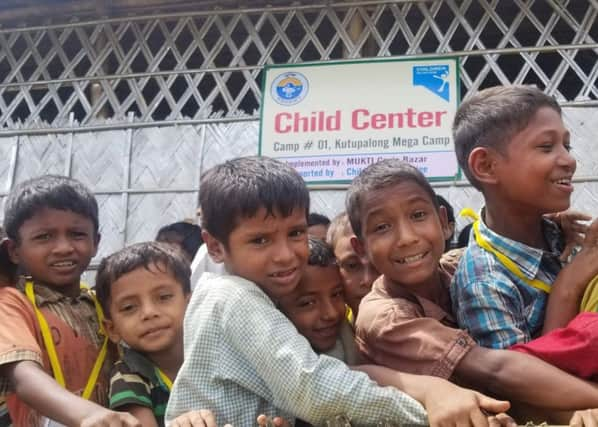

Children on the Edge, who ‘return a full childhood to forgotten children’, said more than 700,000 Rohingya people were forced over the border to Bangladesh, after escalating violence from the Myanmar military caused ‘catastrophic’ suffering.
Esther Smitheram, communications and advocacy manager for the charity, said: “Traumatised refugees arrived into the Kutupalong camp where Children on the Edge had been working for seven years.
Advertisement
Hide AdAdvertisement
Hide Ad“Many of these people had lost family members and had been subject to rape and torture or sustained injuries from gunshots, shrapnel, landmines or fire as their villages were burnt down.”
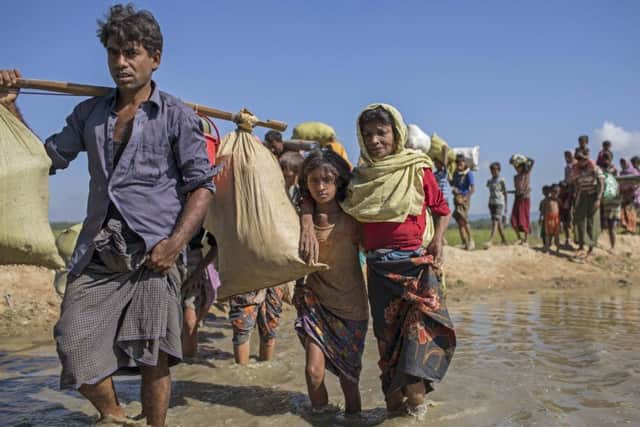

In an interview with Children on the Edge, refugee Amira, 12, said: “The army came. I was out in the field, but my father came and found me and we left with only the things in our hands.
“We walked at night for a week because it was safer. When we arrived, I had never seen so many people before. It was crazy.
“People (were) running everywhere (and) we did not know where to go.
Advertisement
Hide AdAdvertisement
Hide Ad“We did not know if we can eat. We were very hungry. My younger brother cried all day, every day.”
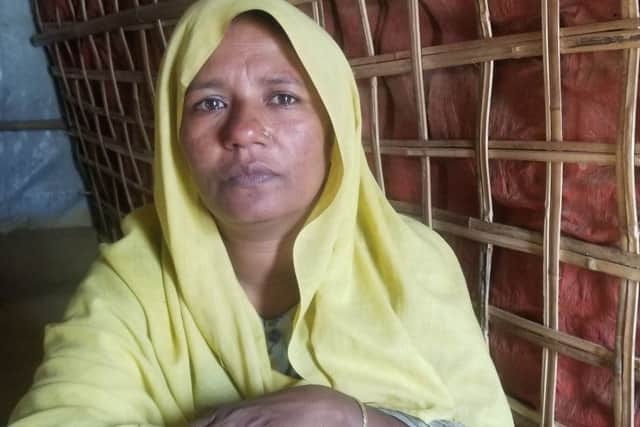

According to the charity, more than one million people came to Kutupalong camp and in the ‘ensuing chaos’, a high number of agencies provided aid, but often without ‘adequate coordination’.
Esther added: “Numerous tube wells and latrines were placed badly or dug too shallow, resulting in facilities drying out or becoming prone to contamination.”
However, ‘having built up relationships over the years’, Children on the Edge were ‘uniquely placed’ to help deal with the crisis.
Advertisement
Hide AdAdvertisement
Hide AdThe charity revealed they provided more than 5,800 food parcels, 5,250 solar lights and built 200 latrines and 34 tube wells, establishing committees of local people in each area to maintain them.
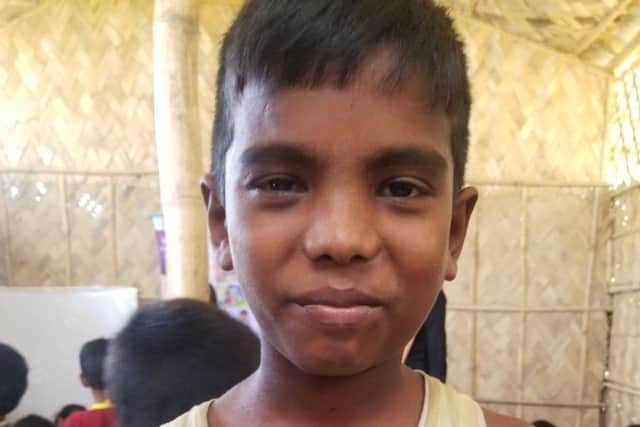

A member of one of these committees, Naeem, said: “Before people would come and build a well or a latrine and then just leave. They don’t talk to us.
“We don’t know who they are. They just hang up their sign and leave when it is finished. But these people talk to us. We know who they are.”
From February onwards, Children on the Edge ‘concentrated their efforts’ on preparing to support children in the longer term.
Advertisement
Hide AdAdvertisement
Hide AdThey were given backing by hundreds of donors, they trained 150 teachers and constructed 150 classrooms in the camp to provide ‘child friendly’ education for 7,500 newly arrived Rohingya children.
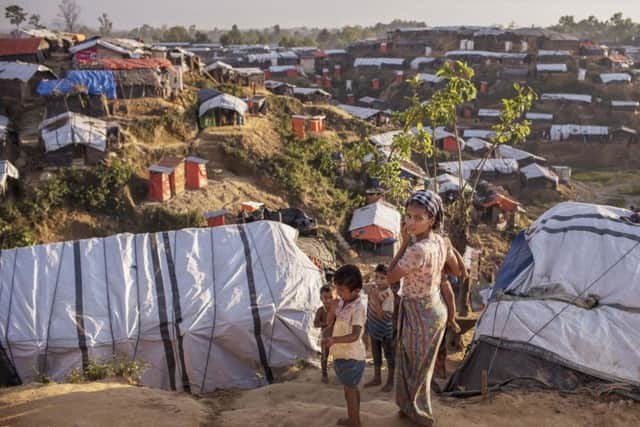

Nurthza, one of the teachers, said she lost her husband in the attacks and escaped with her two children.
She added: “Over this time my life has changed so much. I have left everything behind.
“We all have to be here and to help children is a great success after we all lost everything.”
Advertisement
Hide AdAdvertisement
Hide AdRoshida, who is trying to survive with her seven children, described how ‘she lost everything’, making it ‘very difficult’ to wake up every day.
Aziz, 12, (name changed), who lost his mother in the violence as they fled Myanmar, said: “It was very sad when we came here. I cried every day. But now this is where I live. I can go to school. I am the only one in my family to ever go to school.”
Aziz attends the Learning Centres every day and ‘finds it a comfort’ that his teacher is from his village at home, according to John Littleton, Asia Regional Manager.
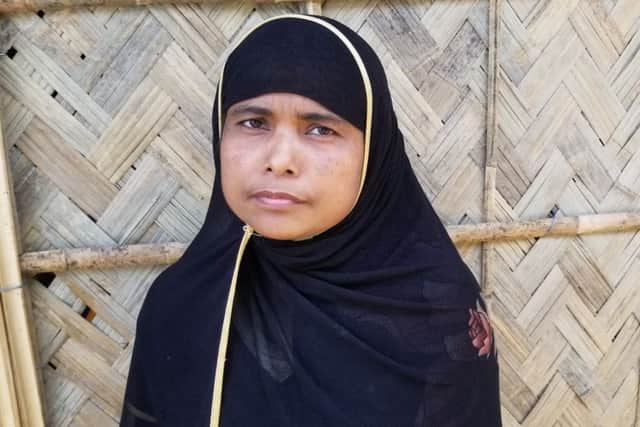

Mr Littleton added: “50 per cent of the teachers are trained from within the refugee community and provide a sense of safety and familiarity.
Advertisement
Hide AdAdvertisement
Hide Ad“The Centres are bright, colourful spaces focusing on creativity and self-expression in addition to basic reading, writing, language and science.
“The curriculum is taught in a child friendly way.
Children on the Edge said they are ‘committed’ to investing in education and stability for the Rohingya children and hope to ‘increase their reach’ to cater for larger numbers.
Visit www.childrenontheedge.org for more information.
All proceeds from the Chichester Half Marathon on the October 7 also go to the work of Children on the Edge, which you can sign up to by going to www.chichesterhalfmarathon.co.uk.